
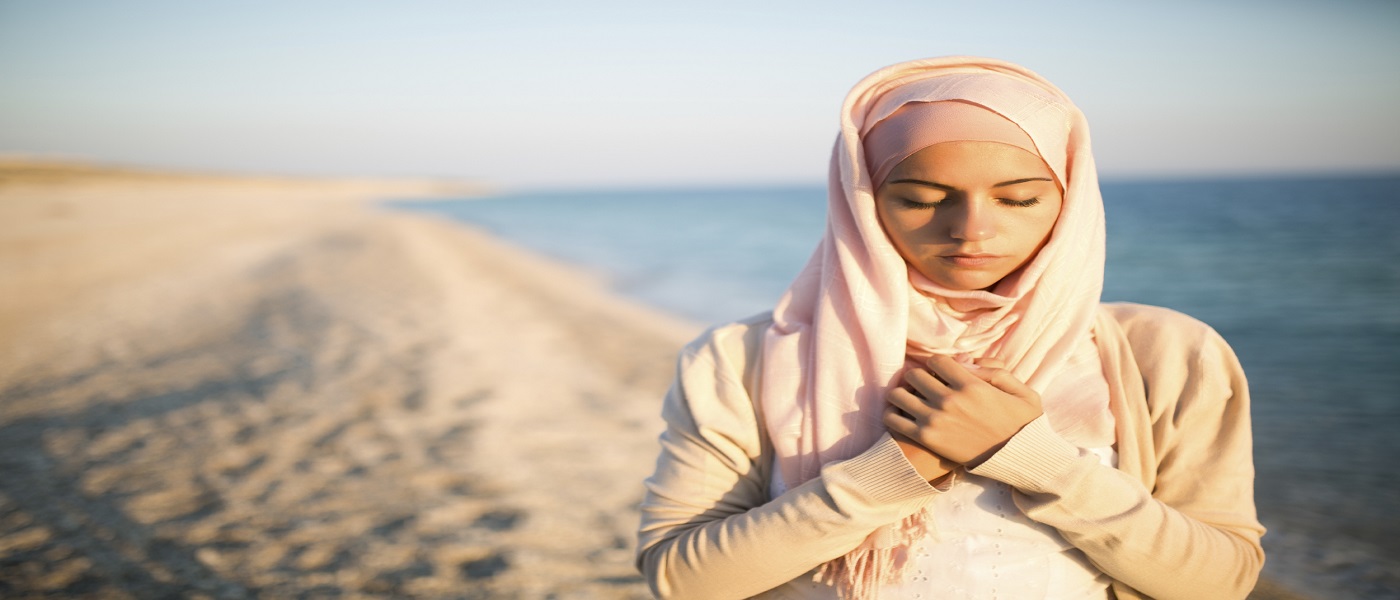
Women in Islam
As a New Muslim woman, I find the Islamic lifestyle fully responsive in every aspect of my life. Here, Salam Islam deals with different issues regarding women in Islam. Salam Islam is a platform to make those who convert to Islam, more familiar with the benefits that the Islamic life can offer them.
Islam pays specific attention to women’s rights in life. The important role of women in the family, in society and their huge influence in the world, has not been neglected in Islam, as well as their personal and spiritual life is strongly protected based on Islamic lifestyle.
Let’s quickly monitor what Salam Islam provides about women in Islam;
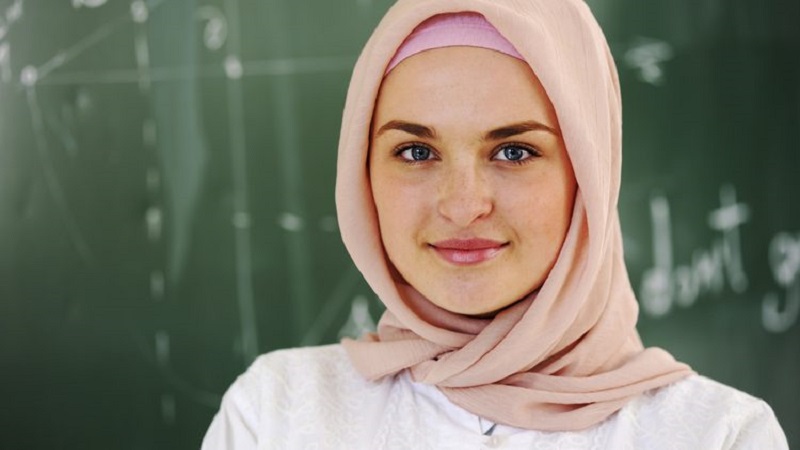
Personal life of Women in Islam
Muslim women’s life might sound boring for those who have not chosen the Islamic lifestyle. A new convert to Islam may find herself confused in different aspects of her life. Salam Islam explains that Muslim women, better than all other women, can enjoy their lives by having lawful fun.
The issue of the Islamic dress code or Muslim women’s Hijab is also discussed from different standpoints in Salam Islam. What does Hijab mean? Is there a history of Hijab in Abrahamic religions? Why at all should they wear Hijab and cover their hair? Is there a chance that one converts to Islam without wearing Hijab? Does the Islamic dress code change from time to time and place to place, based on the conditions of time and place?
Issues Concerning Women’s Marriage in Islam
Salam Islam also covers the important issue of women’s marriage. It tries to clarify women’s rights in the family, and their rights in choosing the right spouse. Since women’s dignity and respect is very important in Islam, therefore women are free to choose a spouse based on Islamic guidelines. It is explained why Islam will allow women to marry a non-Muslim man and live under his demand.
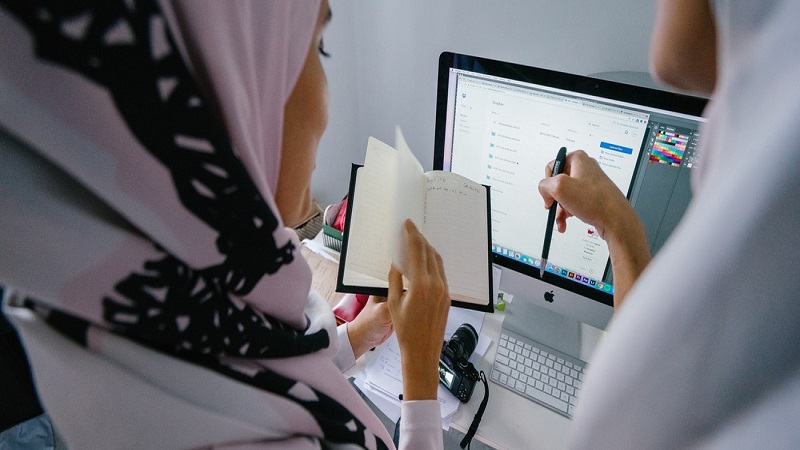
Women’s rights in Islam in society
The issues of women in Islam are sometimes wrongly described and understood in the west. Some western people based on their shallow understanding of Islam, undermine the high status of women in the whole system of Islamic life.
Salam Islam tries to answer most of the misconceptions regarding the aspect of women’s lives in society. Are women in Islam inferior to men? Can they have a career? Why should they cover themselves in society? What about feminism and women’s rights in society?
Prominent Women in Islam and the History
Is there any practical and tangible model for the life of women in Islam? To answer this question, Salam Islam studies the life of prominent women mentioned in the Holy Quran and the history. By studying their life stories and events, one will be inspired to follow the lifestyle of such great role models to have a successful life like them.
Role models such as Saint Mary, Hagar; the Wife of Prophet Abraham, Fatimah; Daughter of Prophet Muhammad (PBUHHP), and Zainab; the granddaughter of Prophet Muhammad (PBUHHP).
If you have any questions about Mulsim women’s issues, you are welcome to send us your questions.
Share This Article
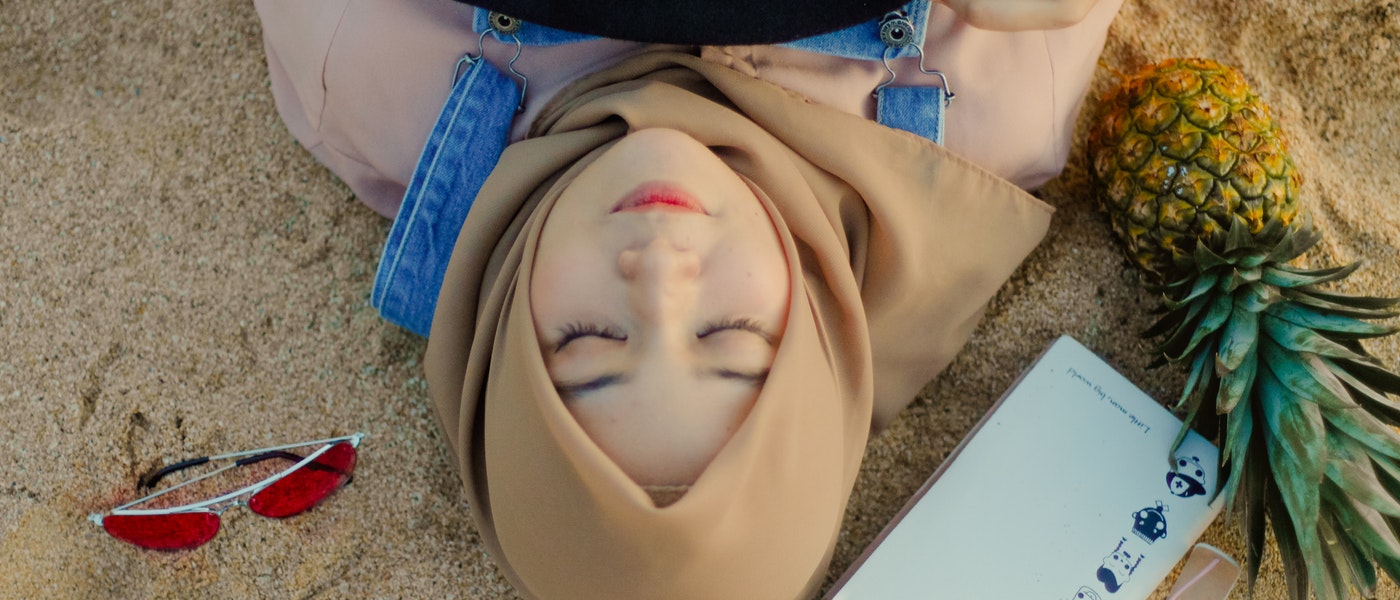
What Muslim Women Do for Fun?
Those who are not Muslim and committed to religion may think that Muslim women cover themselves in front of men. They do not wear make-up. They do not have boyfriends. They do not take part in mixed parties with men where they can dress up and flirt, and dance with music. What is the sort of life that they have? How do they enjoy life?
Also, non-Muslim women may look at the eastern type of Muslim women’s lifestyle and say: do they not get bored of staying home and raising children and taking care of their husband all the time? Do they not want some time for themselves?
This way of thinking makes some of them so worried about Muslim women that they start campaigns for defending Muslim women and try to awaken them for their very normal rights!
The Miserable Life of a Non-Muslim Woman!!!
On the other hand, many Muslim women and I, when looking at the lifestyle of non-Muslim women, think to ourselves that they do not cover themselves in the presence of their marriageable kin (non-Mahram) men.
They dance with any man! They spend a lot of time dressing up and wearing make-up to go to nightclubs or parties to present themselves to men! So that one man may say: “you look so beautiful!”, and they say: “Thanks, I’m flattered!”
They go to the same swimming pools that men go, nearly nude! Forget about Islamic cover, where does modesty go?! They taste different boys in life before they get married, or let’s say they allow different boys to taste them! What is that sort of life? Do they not get offended by being degraded so much?
Muslim women may look at non-Muslim women’s western type of lifestyle and say: do they not get bored when they do not have big family gatherings, where all children and grandchildren come together around their grandparents? Do they not miss big parties in which instead of drinking and going out of mind, people sit together and talk about their issues and find out if one of the group has a problem, then everyone tries to sort it out?!
Now as a Muslim woman with the background of growing up in a huge eastern family, and then experiencing the Western lifestyle for many years, let me tell you what Muslim women do for fun. What they enjoy in life and why they stick to the eastern lifestyle without getting bored.
What is the Islamic Eastern Lifestyle Like?
In my definition, the eastern Islamic lifestyle does not belong to the East only; rather it has remained in the East while it has disappeared in the West. You may find many people in the East who live a western lifestyle. You may as well find people in the West who live an eastern lifestyle.
I would like to list a few characteristics that are bold in an eastern Islamic lifestyle:
The high amount of respect that people have towards each other, especially the respect for the elderly or the teachers.
The importance of family.
The priority of the community over the individual.
Definition of freedom; In their social life, People are free as far as their freedom does not disturb others, while in western lifestyle people are free to do what they wish to do as long as it is not against the social rules; no matter if it may bother other individuals.
Ethics and human values are stronger than law.
The above points and many other similar points come together and shape a viewpoint about humans and life. And it is due to that point of view that eastern or western lifestyle develops.
How Are These Related to Muslim Women’s Fun?
As long as we do not become familiar with other people’s ideologies, we will not recognize the difference of opinions about the same issues.
When Muslim women, all over the world, have a tendency towards the eastern lifestyle, that has been completed by the Islamic teachings, in many cases, they will no more enjoy the same things that non-Muslims like. No matter in which part of the world you live as a Muslim, but when you are a Muslim, your mindset is shaped in a way that you enjoy the Islamic lifestyle.
With the sort of ideology that Muslim women have, they no more enjoy exhibiting their bodies for their marriageable kins (non-Mahram). They do not enjoy flirting with different guys all the time or going to nightclubs. While at the same time many of them may enjoy having lots of children and being in big families, in which they come together now and then, in order to empower themselves with the energy of the community.
The Islamic lifestyle gives us a vision and a spiritual goal (unlike most of the western goals which are materialistic). A Muslim woman (like a Muslim man) defines her activities in harmony with her beliefs, to help her achieve her spiritual goal in life. Therefore, she defines her fun activities in a way that does not contradict her path of growth.
What do Muslim Women Do for Fun?
Finally, keeping in mind all the above, there is no difference between Muslim men and Muslim women in terms of having fun. It might be a matter of modesty in relationships, which is recommended not only for women but also for men. Suggestions about different types of lawful (Halal) fun is available in an article with the title “What is lawful (Halal) fun?”.
Overall, Muslim women can have all sorts of fun that do not contradict the Islamic values and do not deviate them from their central roles such as motherhood as well. (Please note that by motherhood Islam does not mean only giving birth to the baby and feeding her/him. But the most important social role of a mother is to nurture the child to grow up into a great human).
Read More
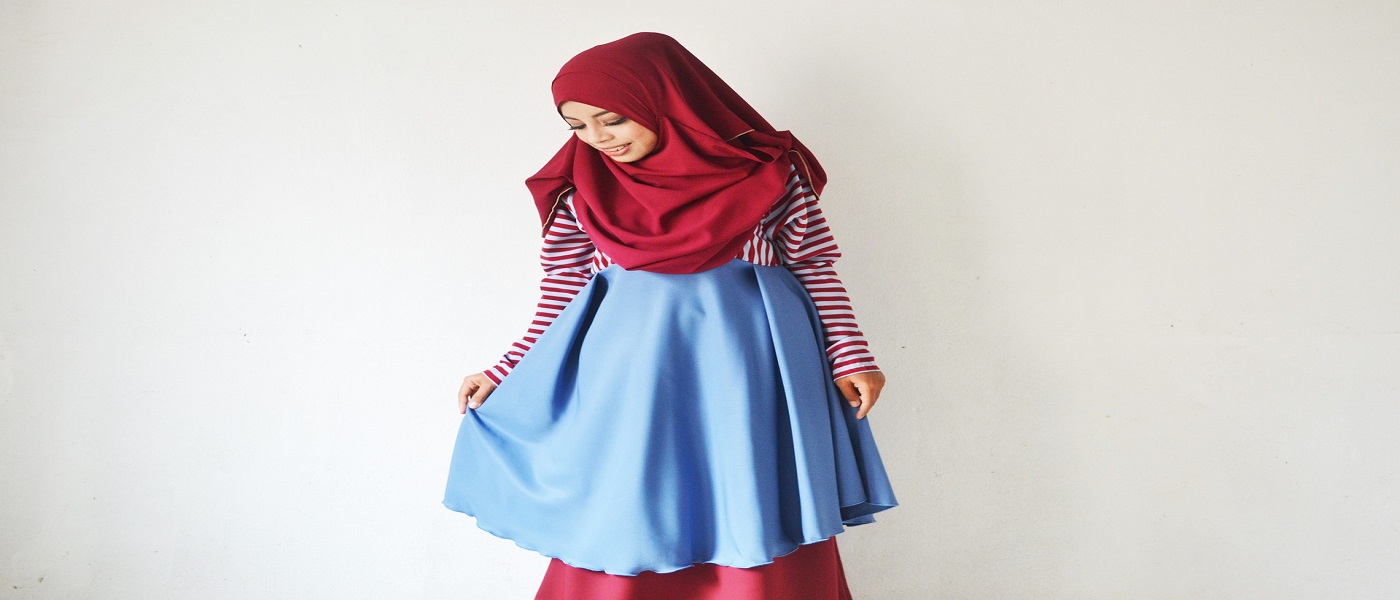
Can Women in Islam Work as Fashion Models?
Well, one way to answer this question is to consider it by itself and regardless of any side issues. One may thus say that Muslim women –together with the rest of the world– need clothes! women in Islam, too, deserve to wear beautiful and stylish outfits! Muslim women, too, can have a job! And if all that is acceptable, there could be no fault found with designing such clothes or presenting them as a model.
As you know, though, Islam generally gives us the liberty to do all that is sensible, necessary, and harmless but always draws our attention to certain limits and red lines as well. Our answer to such questions, therefore, is usually like; “No problem provided that…”
So, let’s now have a look at those conditions for women in Islam that might concern fashion designing and modeling?
1. Cover End
As you know, Islam has set a certain limit on women’s covering. This certain limit addresses women’s natural charm and attractions for men, and their understandable desire to expose them.
So, the big idea for setting such specific measures may be that women do not make a pledge of a special extent of covering for themselves which they would never break. Since, it will end up in what we can see today, where women’s bare body is so widely used as a tool to win men’s attention and pleasure. That’s why Islam has issued special rulings for women (and of course men’s) covering.
2. Modesty for Women in Islam
The second thing, which is even more repeated and stressed on in Islam, is modesty [1]. But what is modesty all about? Cambridge dictionary defines it [with regards to clothes and behavior] as “a quality, in women, of dressing or behaving in a way that is intended to avoid attracting sexual interest” [i].
Of course, modesty is not exclusively for women in Islam. Men, too, are bid not to dress up or behave in a way that may attract sexual interest. What’s more, the same term is also metaphorically used to imply protecting all parts of the body from trespasses, such as modesty of the eyes, modesty of the tongue, or modesty of the heart. So, in a broad sense, modesty is the quality of protecting oneself against wrong desires. And that’s exactly what we need in fashion modeling.
Now, modesty is somehow different from covering obligations. It means a person (or a woman, as concerns this article) might be well covered following the Islamic principles of covering, but her type of clothes or her manners may still leave room for provoking sexual interest.
Moreover, the realization of modesty can be culturally variable. What is considered as an acceptable level of modesty in a cultural background may not be so in another. But in every culture, I guess, women know pretty well what kind of outfit or behavior could attract sexual attention. And that will do!
To Come to an End…
Finally, I should say that Islam is not opposed to men and women looking neat, good-looking, fashionable, or even attractive. If a woman is especially kind looking, for example, she looks particularly attractive to everybody.
Does it mean that she shouldn’t look like that? No way! What Islam tries to avoid is looking SEXUALLY attractive –in the same way that Islam asks men time after time to take care of their sight and never look at any woman –other than one’s spouse- sexually. Because Islam wants all sexual pleasure and satisfaction to be concentrated within wedlock and intended for its strength and persistence, rather than its disruption!
So, yes, fashion designing and modeling are acceptable for women in Islam [ii]. And yes, Muslim fashion designers or models are not the same as others who usually intend to be seductive in their manners and their type and extent of covering. Muslim designers and models are required to cover their body (except for the face, hands, and feet) and to look modest. In Muslim countries, therefore, fashion shows are held in segregated places when the kinds of clothes being presented do not go along with Islamic rulings on covering and modesty in public.
Notes:
[i] dictionary.cambridge.org
[ii] You can read more about whether Muslim women can have a job here.
References:
- Al-kafi, vol. 3, p. 714 , Knaz al-‘Ummal, vol. 3, p. 126
Read More

